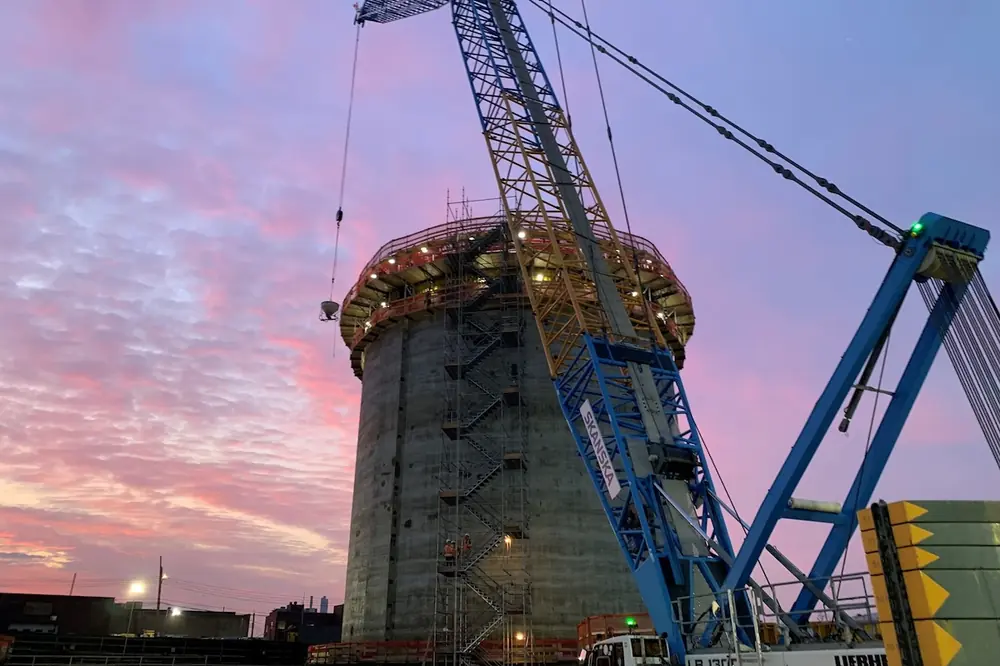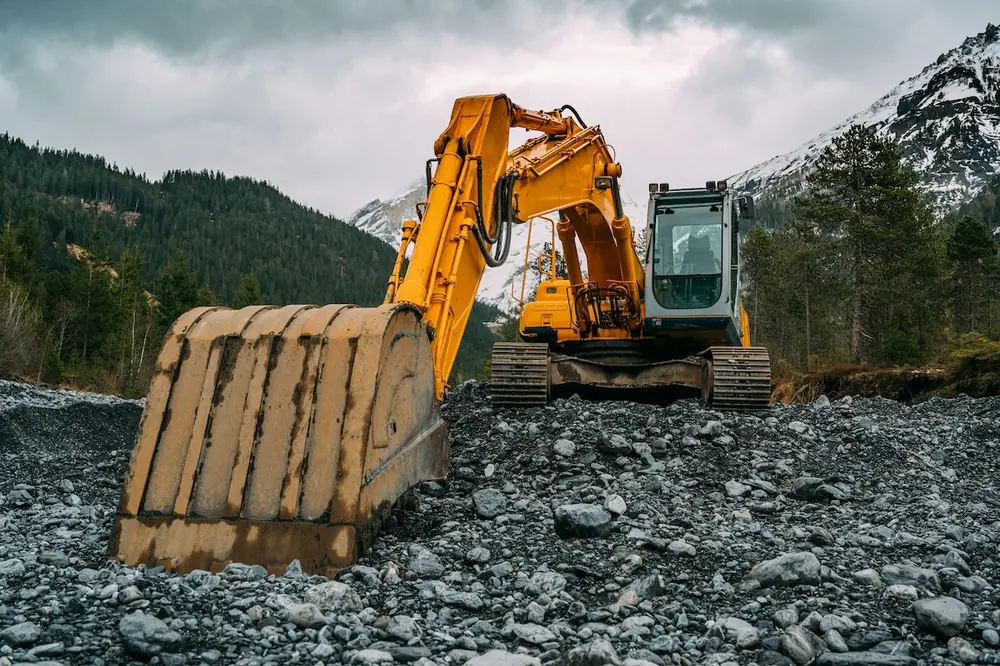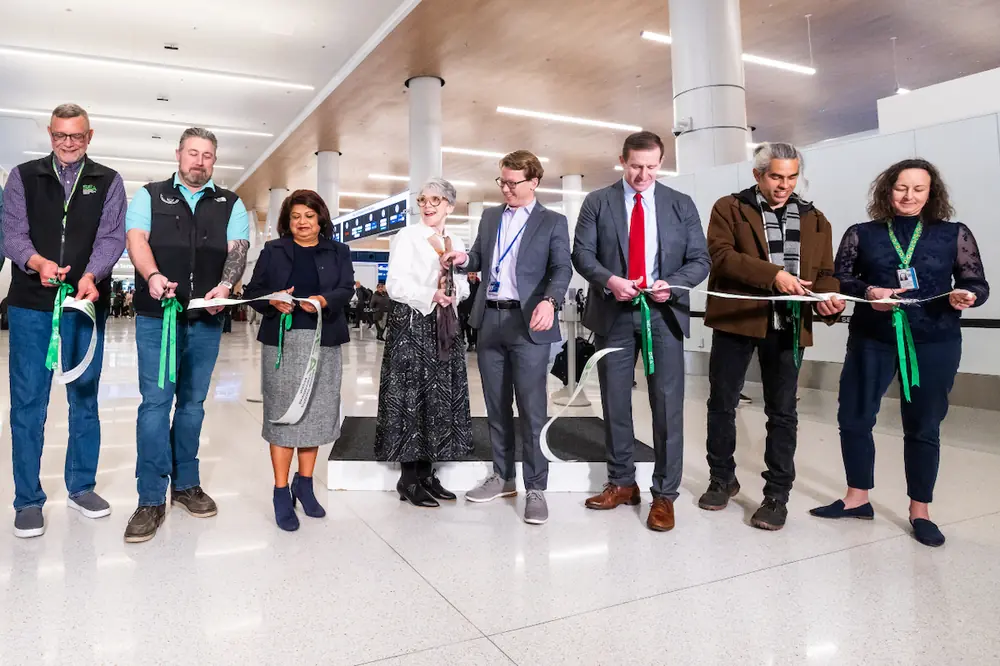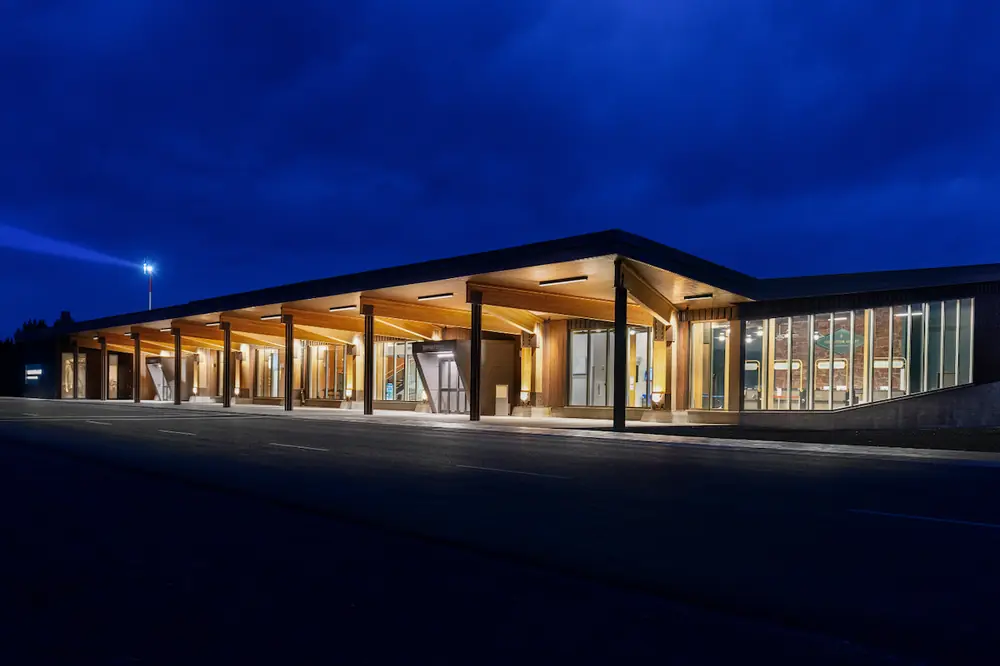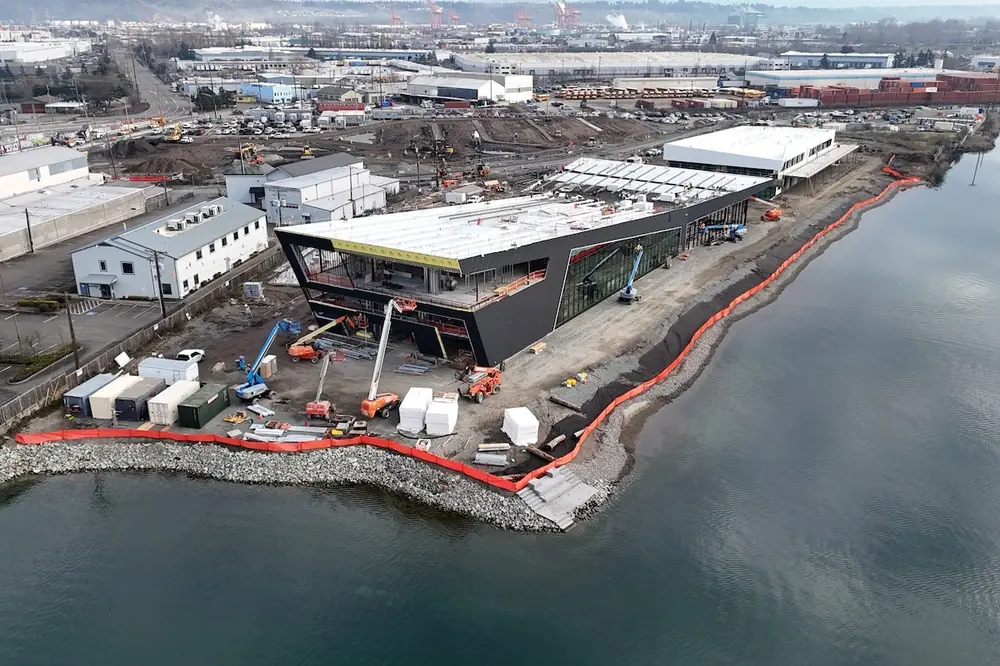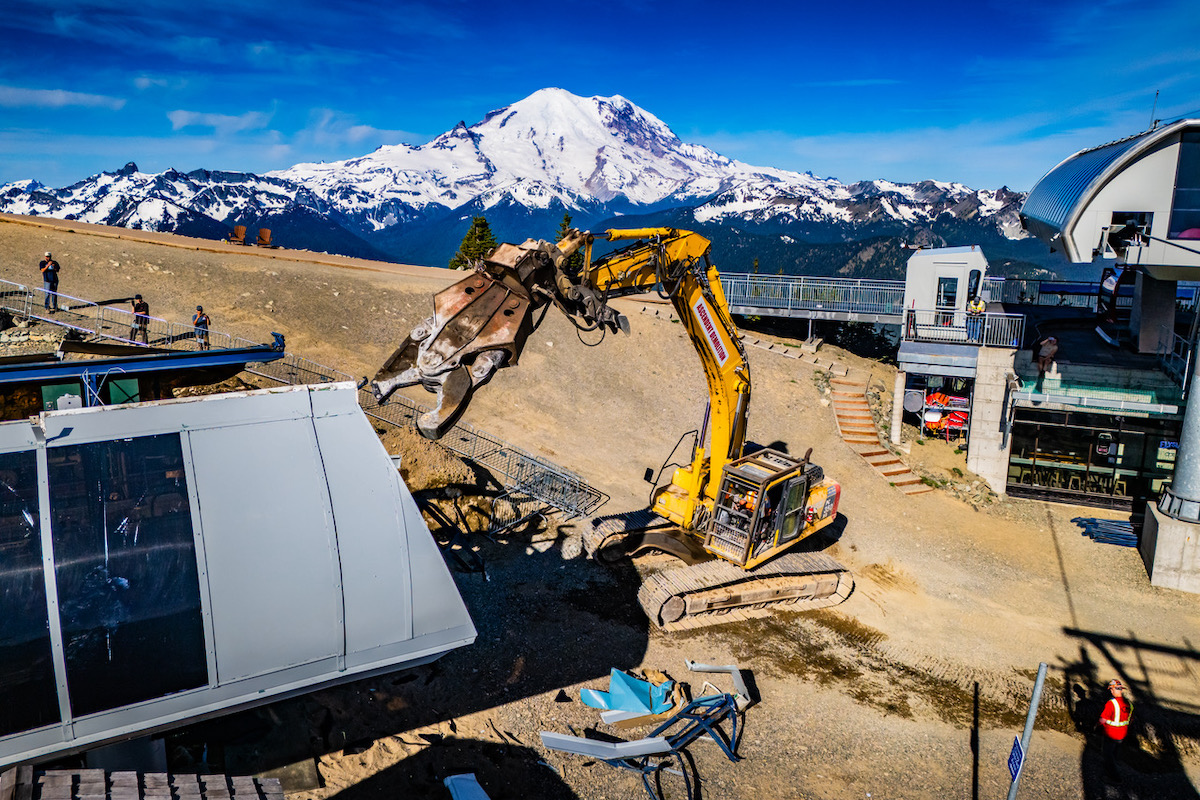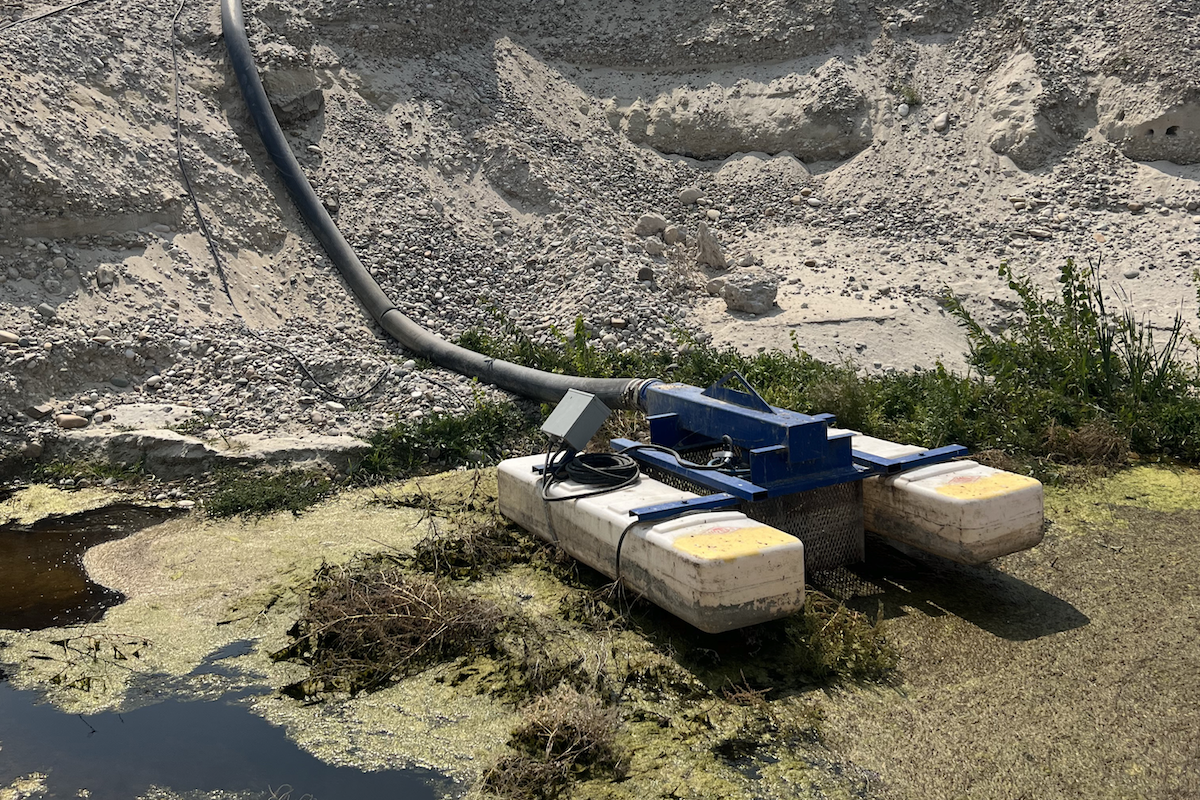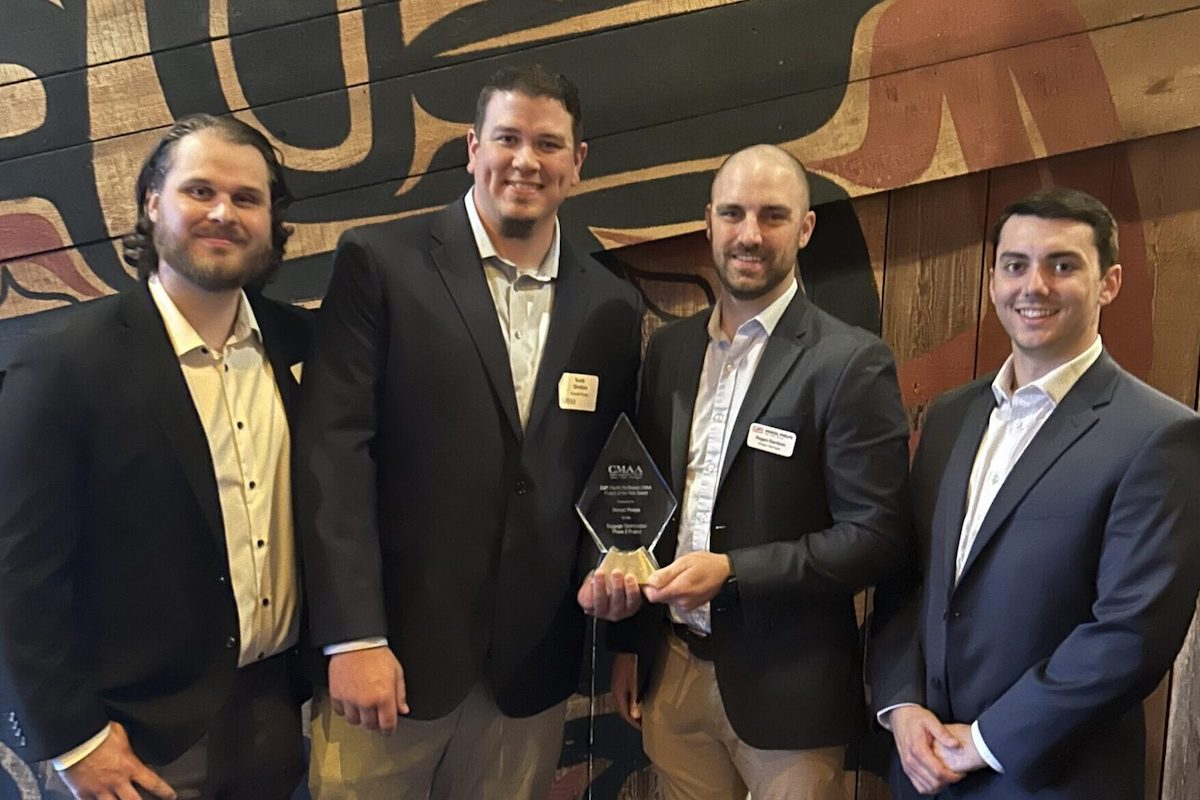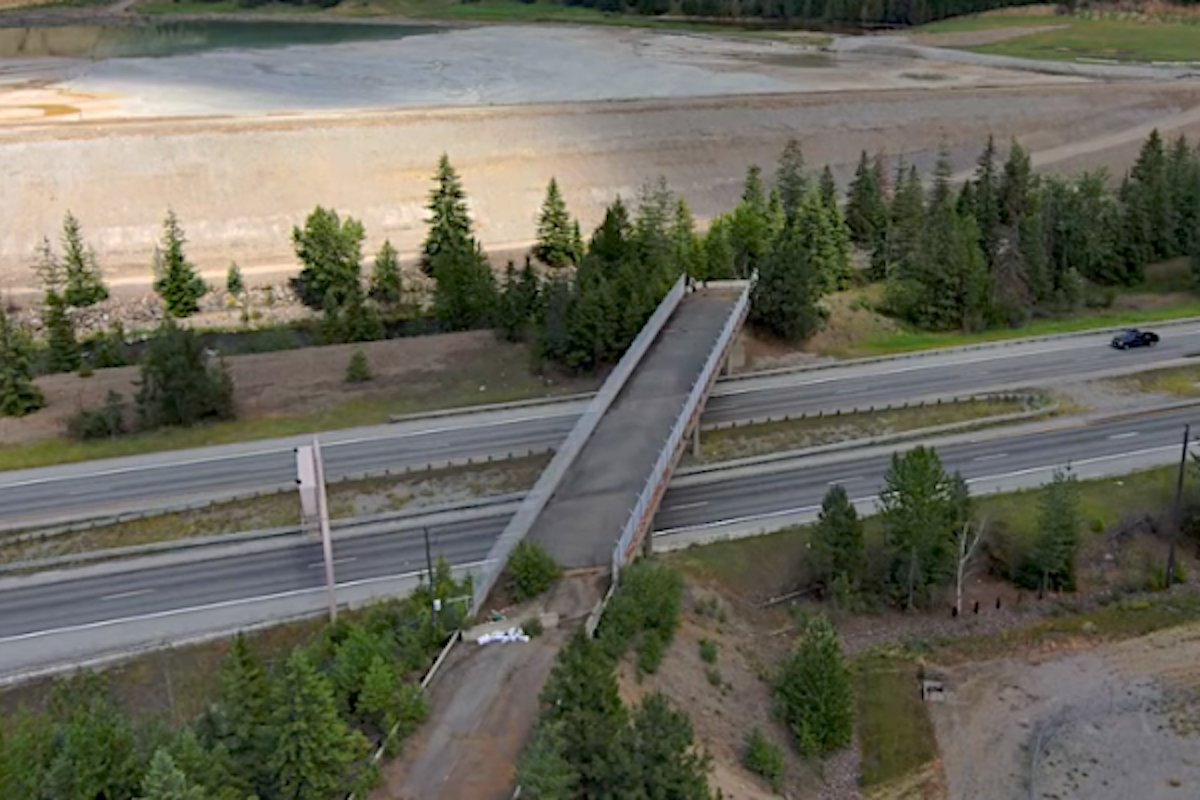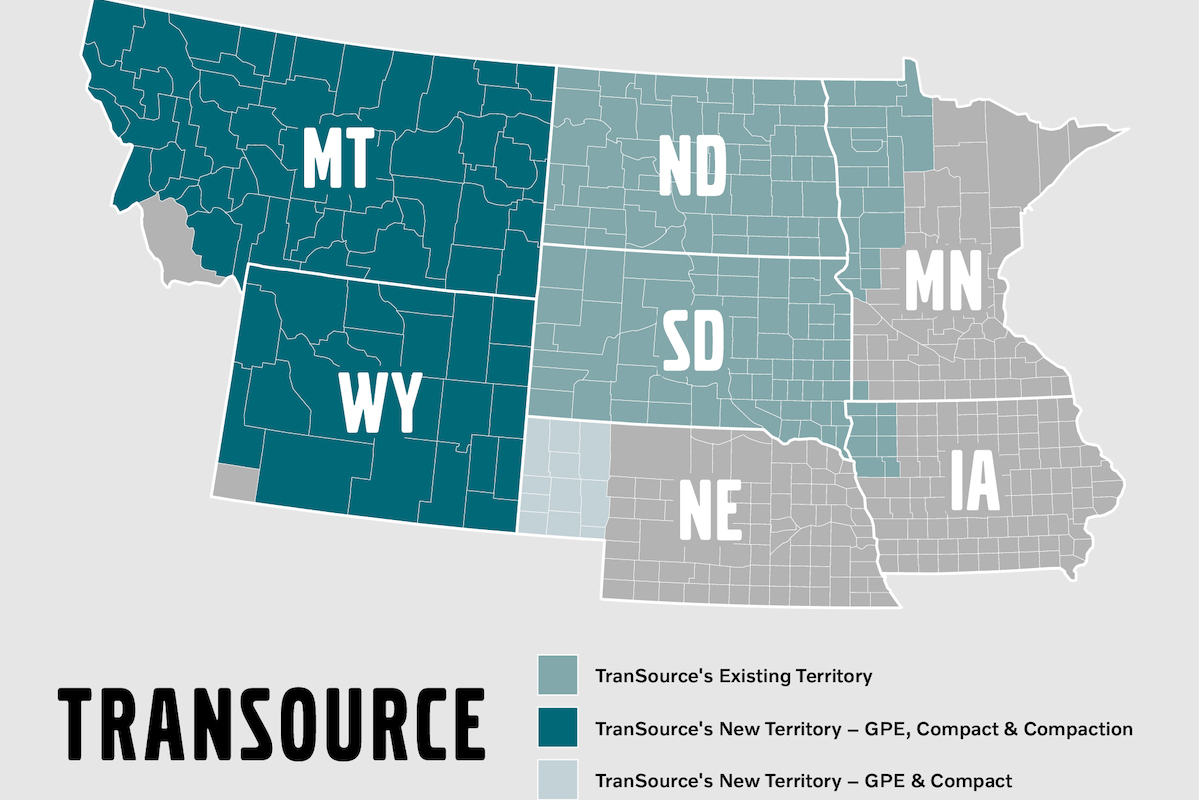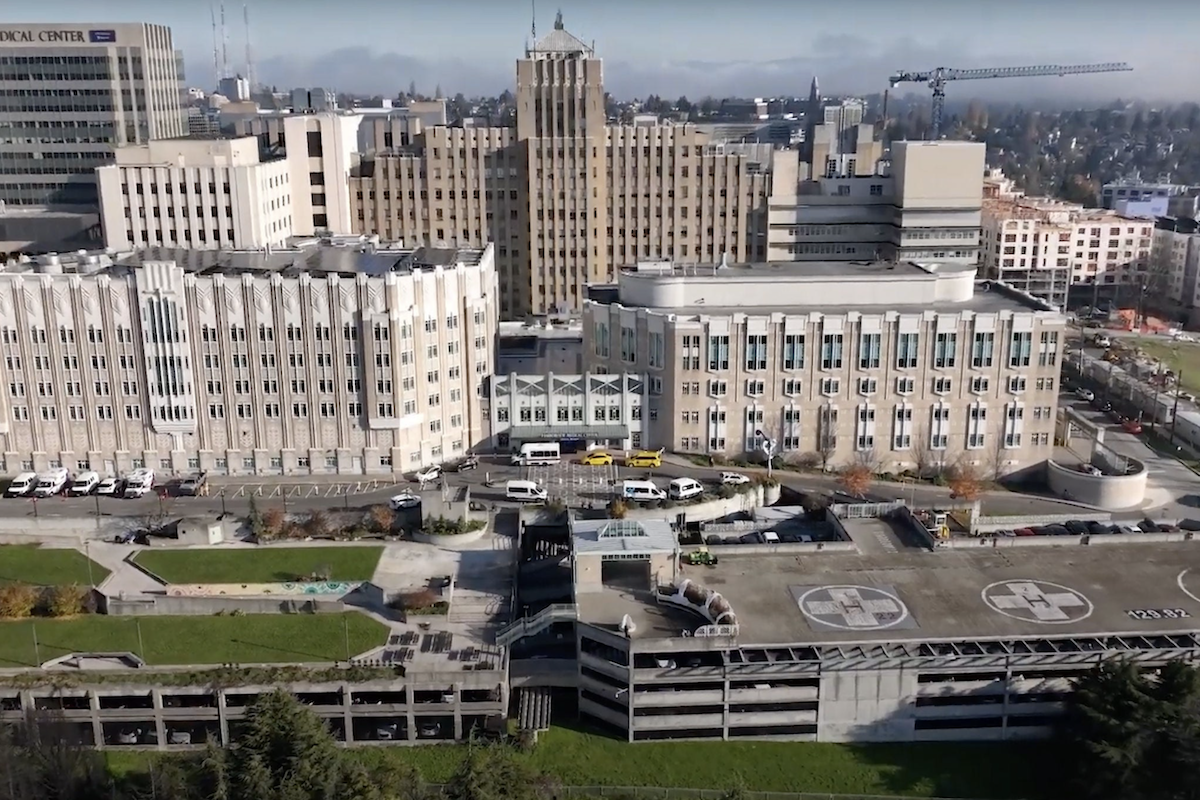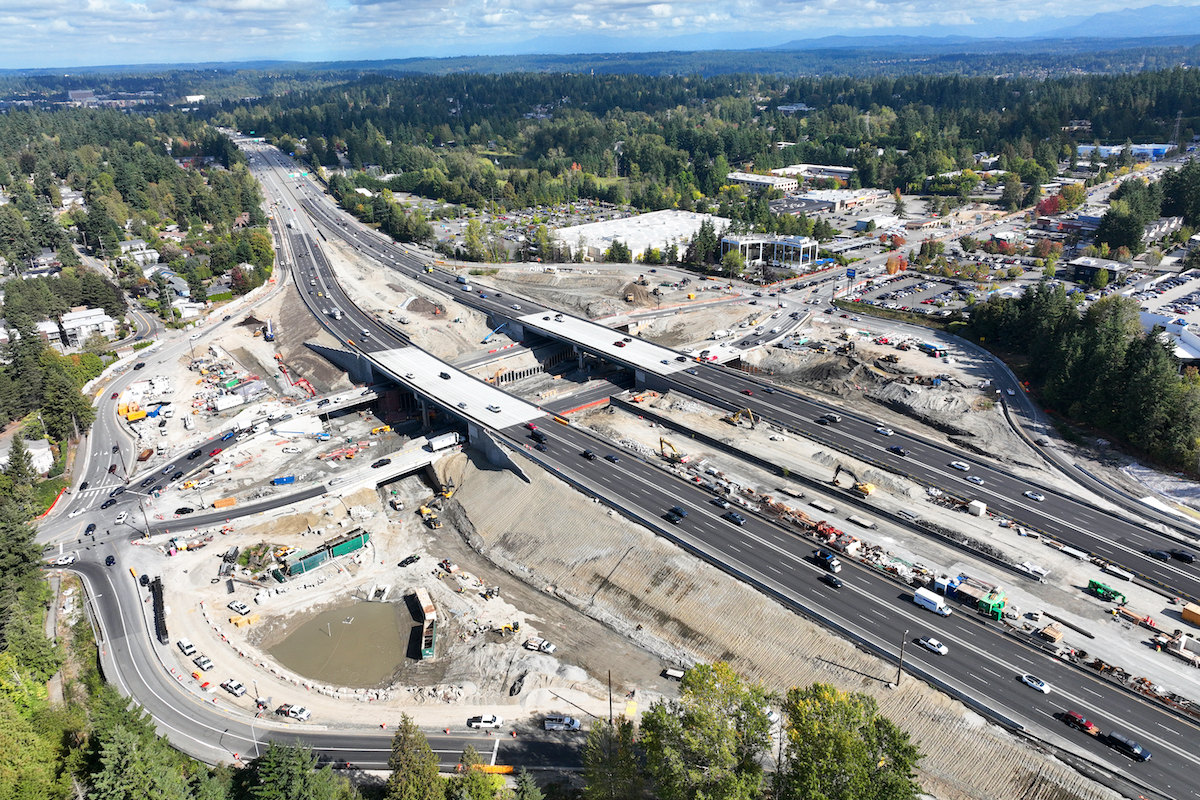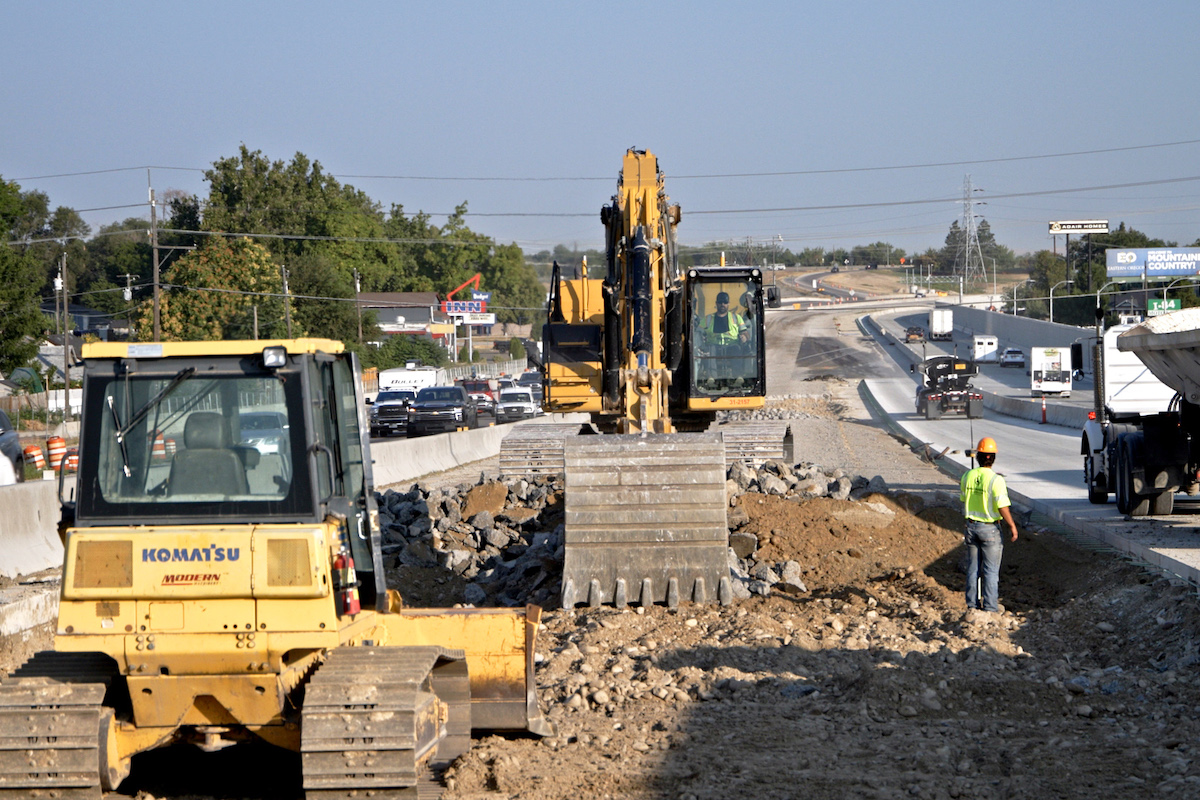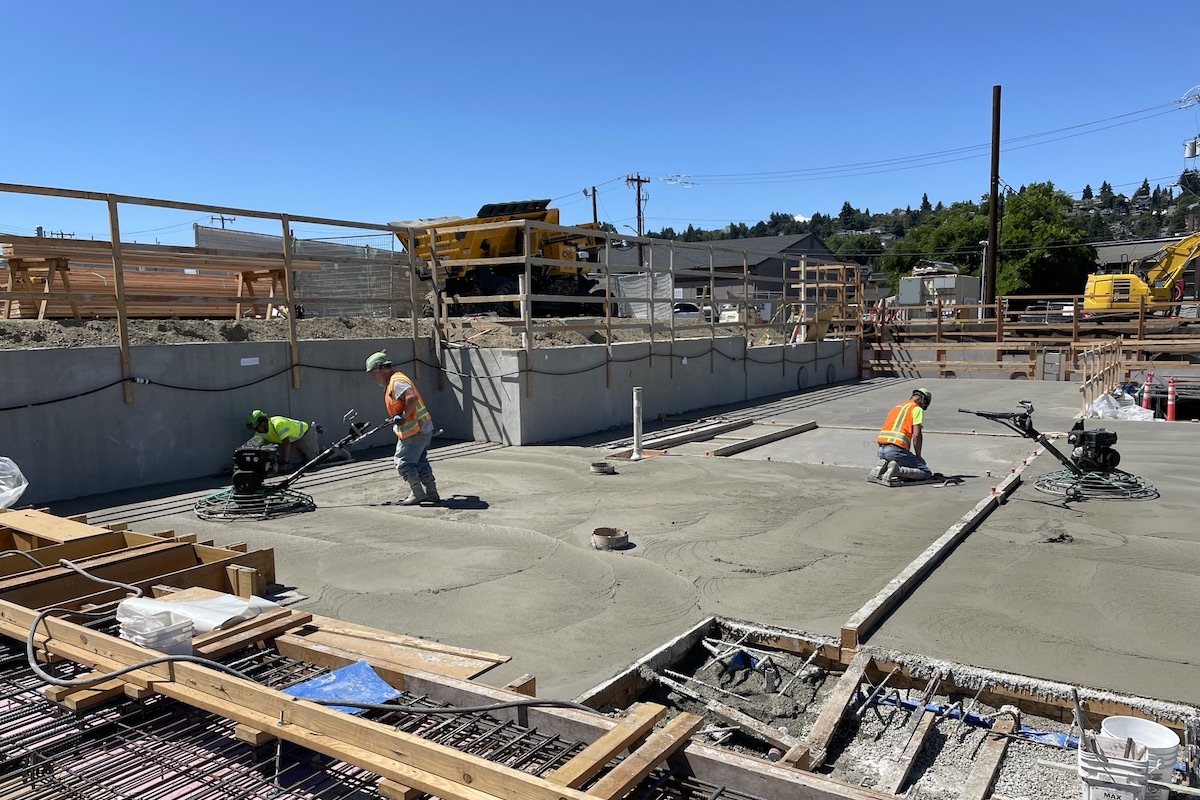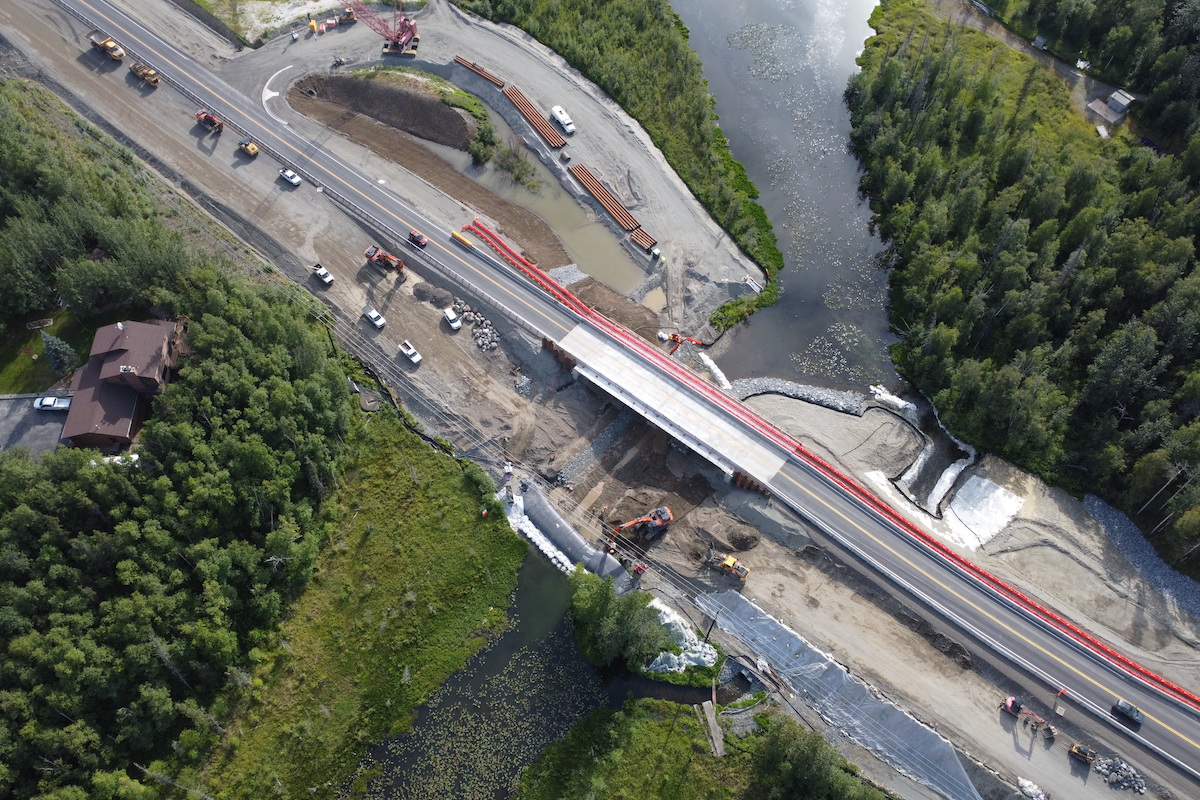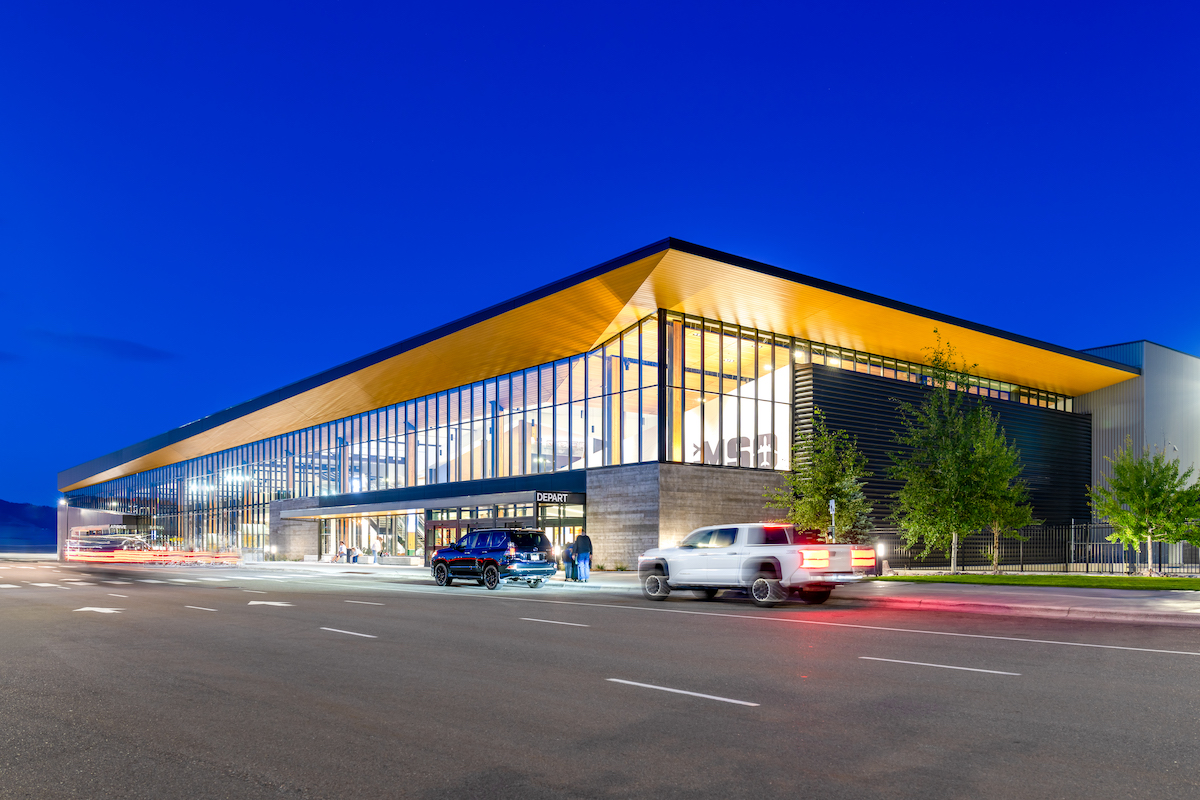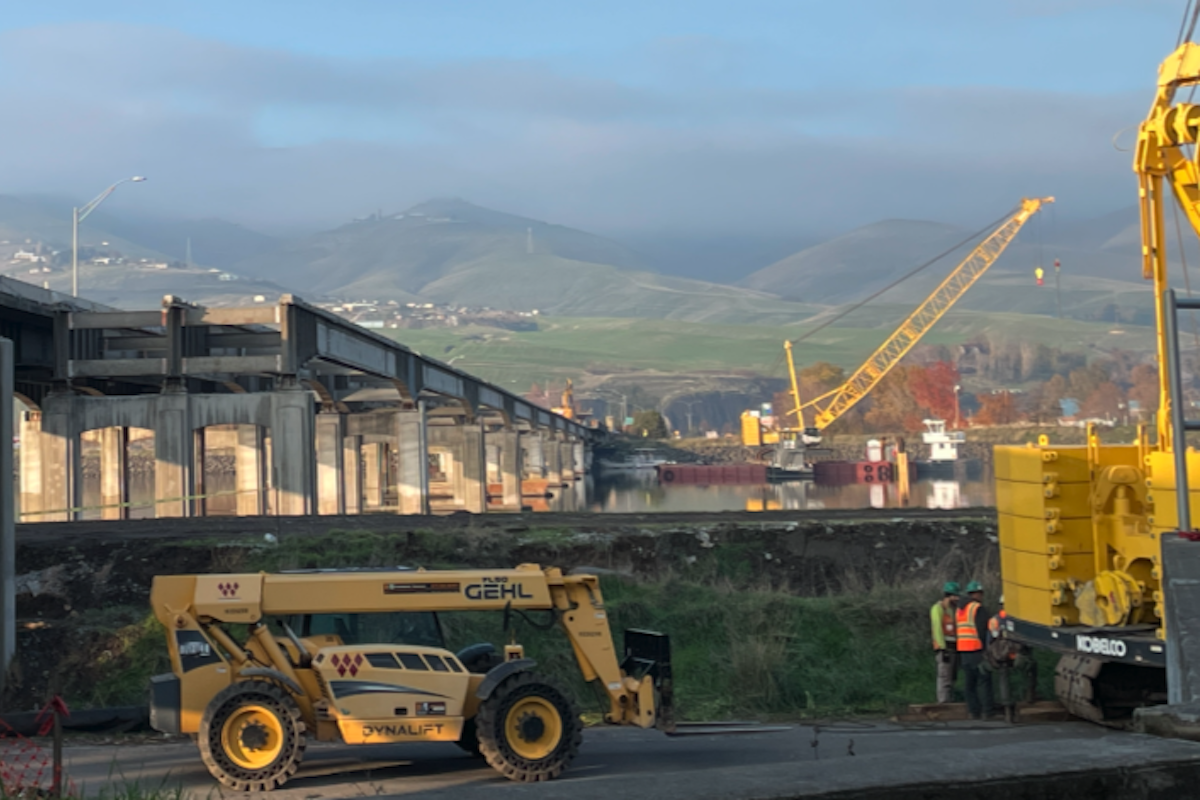“These loans are a sign of this administration’s commitment to public transit, jobs, and addressing climate change.” said U.S. Transportation Deputy Secretary Polly Trottenberg, at the announcement in Washington state. “As excited as we are about these projects, we also know that there is so much more to do across the country — and the Bipartisan Infrastructure Deal will allow us to deliver on that.”
“Refinancing our earlier TIFIA loans will create more than $630 million in savings for our region’s taxpayers, helping us deliver the largest transit infrastructure program in the country as quickly as we can. Expanding the program to include the Downtown Redmond Link Extension expands our savings still further,” said Sound Transit CEO Peter Rogoff. “With our population growing and our planet warming, the stakes are high, and we are creating truly impactful benefits. We thank Secretary Buttigieg, the Build America Bureau, and our congressional delegation for their dedicated leadership toward making our transit expansions possible.”
Sound Transit is a public transit agency serving the central Puget Sound metropolitan area in Washington state, and operates the Link light rail system in Seattle and Tacoma, the Sounder commuter rail, and the Sound Transit Express bus service. Sound Transit is the first transit system to achieve carbon-free operations utilizing hydroelectricity and wind.
The TIFIA loans will replace the current loan for the Sound Transit Northgate Link Light Rail Extension, which is scheduled to open this fall. This project is a 4.3-mile light rail extension, including three new stations, from the University of Washington north to Northgate. The TIFIA loans also include refinancing for the East Link, Lynnwood Link, and Federal Way Link extensions of light rail as well as the Operations and Management Facility East projects. Additionally, it provides financing for the under-construction Downtown Redmond Link Light Rail Extension.

| Your local Bobcat dealer |
|---|
| Pape Material Handling |
| Pape Material Handling |
The projects will provide benefits to the central Puget Sound area, including reduced congestion greenhouse gas emissions, expanded routes and more reliable service, and increased ridership capacity.



